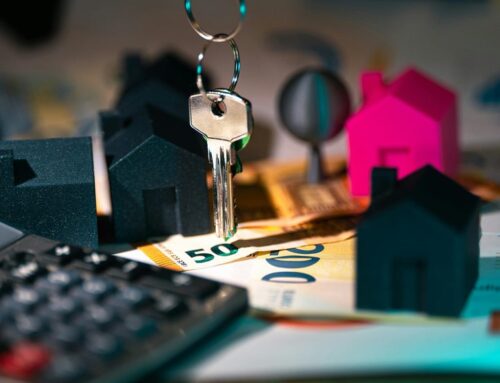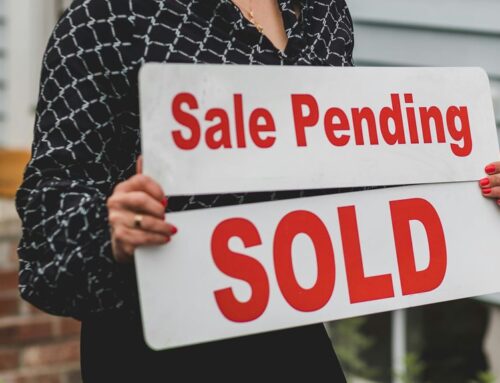Selling for cash can be a quick and convenient way to make some extra money, but it also comes with risks, especially when dealing with strangers. Scammers often target sellers, taking advantage of their urgency or lack of knowledge. Knowing how to recognize and avoid scams is essential to protect yourself from losing your money, items, or personal information.
In this guide, we will cover the key strategies to help you avoid scams when selling for cash, so you can have a smooth and secure transaction.
1. Choose Safe Platforms
Start by selecting reputable platforms for your sale. Sites like Craigslist, Facebook Marketplace, and OfferUp are popular for cash transactions, but be aware that they are open marketplaces. Scammers often target these platforms, so vet potential buyers carefully.
Tips:
- Use platforms that offer buyer/seller protection when possible.
- Avoid engaging with buyers who insist on using alternative payment methods like wire transfers or prepaid gift cards.
- Read reviews and check the buyer’s profile for any signs of suspicious behavior.
2. Meet in Public, Safe Spaces
One of the easiest ways to protect yourself during a cash transaction is to meet in a safe, public place. Police stations and well-lit, busy areas are excellent choices. Many police stations even offer “safe exchange zones” for such transactions.
Tips:
- Avoid meeting buyers at your home or their home.
- Never agree to meet in secluded or unfamiliar places.
- Consider bringing a friend or family member for extra safety.
3. Avoid Accepting Checks, Money Orders, or Unusual Payments
Scammers often offer to pay with fake cashier’s checks, money orders, or other questionable methods. When selling for cash, insist on cash-only payments and avoid payment arrangements that require trusting a buyer with your item before you receive the payment.
Tips:
- If the buyer offers to send more money than requested or asks you to wire back the difference, it’s a scam.
- Always verify cash, especially large bills, by checking for watermarks or using counterfeit detection pens.
- Avoid accepting digital payments like Zelle or Venmo for in-person cash sales unless you’re familiar with the buyer.
4. Beware of Overly Eager Buyers
Scammers often appear overly eager to complete the transaction quickly without asking many questions about the item. They may offer to pay more than the listed price or make excuses to avoid meeting in person. This behavior is a red flag.
Tips:
- Take time to communicate with buyers, and ask them questions to gauge their seriousness.
- Be cautious of buyers who are overly pushy or ask for too much personal information.
- Trust your instincts—if something feels off, walk away from the deal.
5. Watch Out for Phishing Scams
Scammers may try to steal your personal information through phishing. They can send you links via text or email, asking you to log in to a fake website to verify your identity. Always be cautious when clicking on links sent by buyers.
Tips:
- Never share your personal information, including your email address or phone number, unless absolutely necessary.
- Double-check links to make sure they lead to legitimate sites.
- Avoid opening attachments or downloading files from unknown buyers.
6. Use a Bill of Sale for Large Transactions
For high-value items like cars, electronics, or furniture, it’s a good idea to create a bill of sale. This document will outline the terms of the transaction, serving as proof that the buyer received the item and paid the agreed amount.
Tips:
- Include details like item description, buyer and seller names, the amount paid, and the date of sale.
- Make sure both parties sign the document.
- Keep a copy for your records.
CASH4HOUSES also helps you to understand the prons and cons for selling your fast for cash.
Conclusion
While selling items for cash can be a great way to make some extra money, it’s essential to remain vigilant and avoid common scams. By choosing safe platforms, meeting in public places, insisting on cash-only payments, and trusting your instincts, you can protect yourself from fraudsters. Remember: safety first!
FAQs: How to Avoid Scams When Selling for Cash
Q1: How can I verify if cash is real?
You can verify cash by inspecting the bills for watermarks, security threads, and color-shifting ink. You can also use counterfeit detection pens, which can be found at most office supply stores.
Q2: Should I accept payments through digital apps?
While digital payment apps like Venmo or PayPal can be convenient, it’s best to stick to cash for in-person transactions, especially if you don’t know the buyer well. Scammers can reverse transactions, leaving you without payment.
Q3: What should I do if a buyer insists on meeting at my home?
If a buyer insists on meeting at your home, politely decline and suggest a public place like a police station or a busy shopping center. Never reveal your home address to a stranger for safety reasons.
Q4: Is it safe to ship items after receiving payment?
It is risky to ship items unless you are using a platform that offers seller protection, like eBay. Scammers can cancel payments or issue chargebacks. If you’re selling for cash, stick to local, in-person transactions.
Q5: What are some red flags to watch for in buyers?
Watch out for buyers who are overly eager to complete the sale without asking about the item, offer to pay more than the listed price, or want to use suspicious payment methods like wire transfers or prepaid gift cards.











